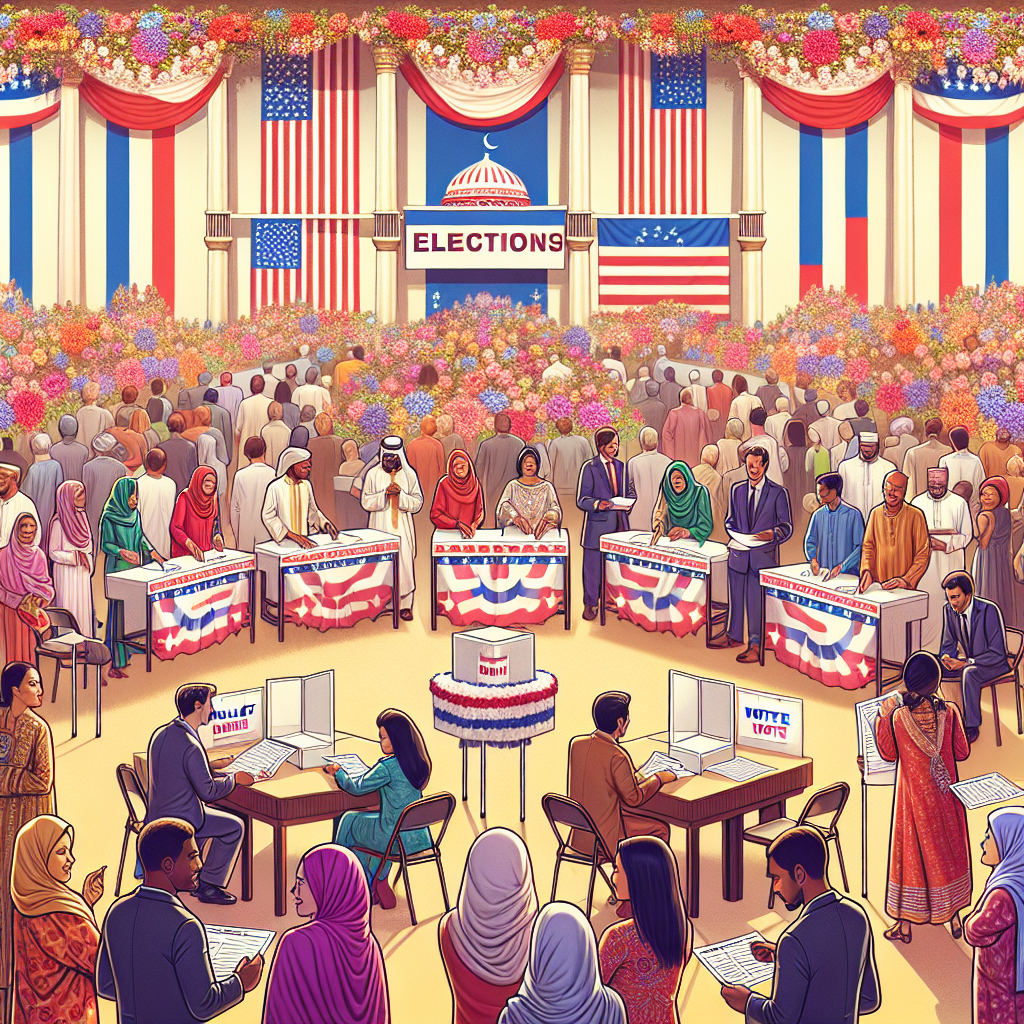Syria's Tumultuous Parliamentary Polls: A New Democratic Facade?
Syria holds its first parliamentary elections since Bashar Assad's ousting, with interim processes lacking true popular representation. The People's Assembly elections involve electoral college votes and presidential appointments, raising concerns about inclusivity, representation of women and minorities, and potential manipulation under the interim government's oversight.

- Country:
- Lebanon
Syria is set to conduct its first parliamentary elections since the fall of its autocratic leader, Bashar Assad. Despite the political shift, the current electoral process suggests limited democratic progression.
The elections will fill 140 seats through district-based electoral colleges, while interim President Ahmad al-Sharaa will directly appoint another 70. The absence of a popular vote has drawn criticism, attributed by authorities to logistical challenges amid war-induced displacement.
Representation concerns persist, especially regarding women and minorities, with only 14% of candidates being female and significant regions like Sweida remaining unrepresented. Critics argue that these factors, alongside electoral procedural flaws, question the true democratic intent of this election.
(With inputs from agencies.)










